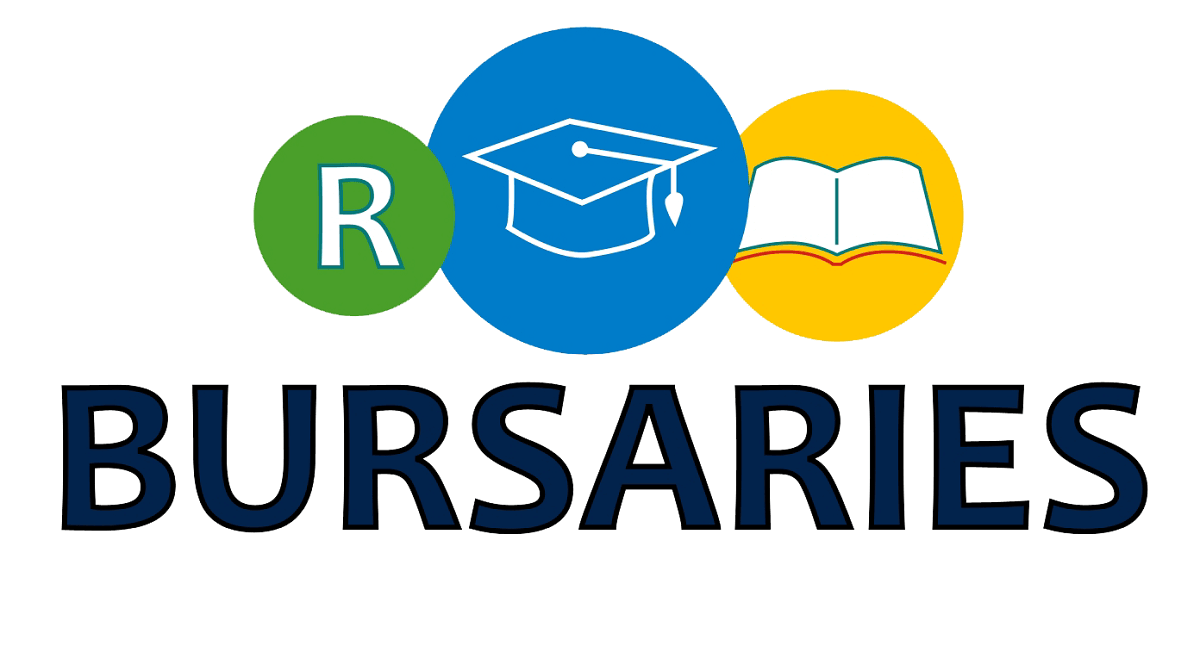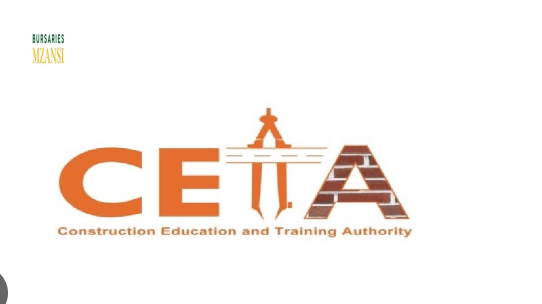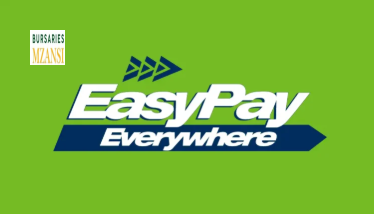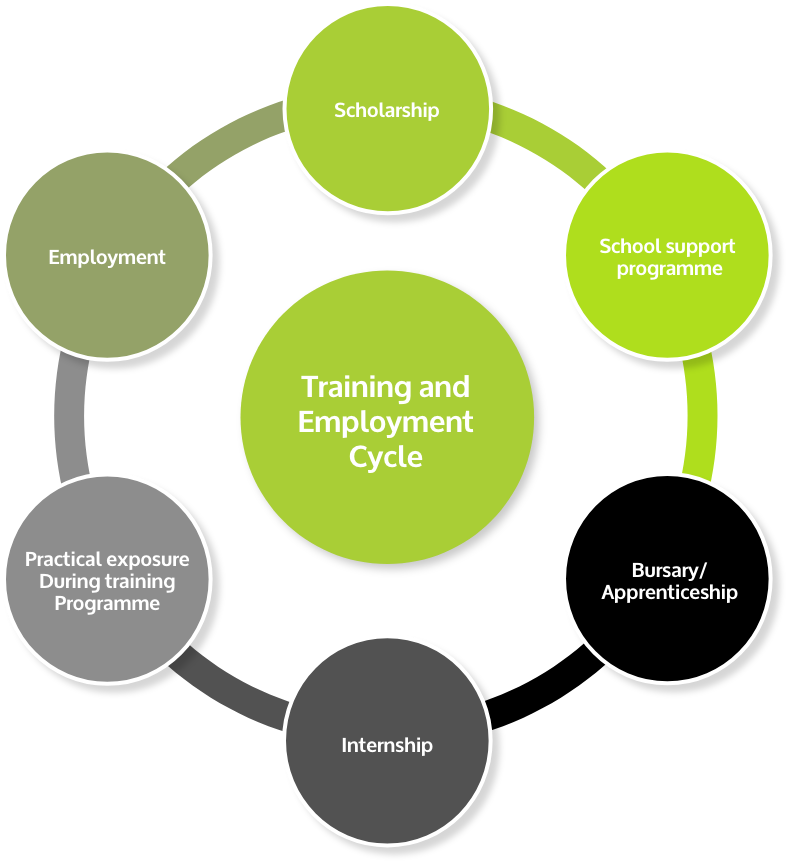Paying for college can be challenging, but did you know your university or college might offer opportunities to help you earn extra money while you study? Whether you’re looking to reduce your tuition burden or cover living expenses, there are several avenues to explore. In this guide, we’ll delve into various options available to students seeking additional financial support.
Scholarships: Free Money for Your Education
Scholarships are a fantastic way to fund your education without the need to repay the money. Many universities offer their own scholarships, and there are numerous external scholarships available as well.
University-Specific Scholarships
Most colleges and universities provide scholarships based on academic achievement, financial need, or specific talents and interests. For instance, Griffith University in Australia has partnered with the Australian Olympic Committee to offer scholarships up to $40,000 for student-athletes, providing both financial support and flexible degree pathways .Courier Mail
External Scholarships
Beyond your institution, there are countless external scholarships you can apply for. Websites like Scholarships.com and Fastweb allow you to search for scholarships based on your background, major, and other criteria.Scholarships.com
Work-Study Programs: Earn While You Learn
Work-study programs are federally funded initiatives that provide part-time employment to students with financial need. These jobs are often located on or near campus and can help you earn money to cover educational expenses.Reddit+3Federal Student Aid+3Federal Student Aid+3
How It Works
To be eligible for work-study, you must complete the Free Application for Federal Student Aid (FAFSA). If you qualify, your school will offer you a work-study award, which you can use to find a job that fits your schedule and interests .Coastline College+16U.S. Department of Education+16Federal Student Aid+16BigFuture
Benefits
- Flexible Hours: Work-study jobs often offer flexible hours that accommodate your class schedule.
- Relevant Experience: Some positions relate directly to your field of study, providing valuable experience.
- Convenience: Many jobs are located on or near campus, reducing commute time.
State and Local Grants: Additional Financial Support
In addition to federal aid, many states and local governments offer grants to help students pay for college. For example, Maryland offers the Community College Promise Scholarship, a last-dollar scholarship that provides up to $5,000 per year to students attending Maryland community colleges .Maryland Higher Education Commission+1
These grants are often based on financial need and may require you to file the FAFSA by specific deadlines. It’s essential to research and apply for these opportunities early to maximize your chances of receiving aid.
Side Hustles: Boost Your Income Outside the Classroom
If you’re looking to earn extra money outside of formal programs, consider starting a side hustle. Many students successfully balance part-time jobs or freelance work with their studies.
Popular Side Hustles for Students
- Tutoring: If you’re proficient in a subject, offer tutoring services to peers or local high school students.
- Freelancing: Skills in writing, graphic design, or web development can be monetized through platforms like Upwork or Fiverr.
- Delivery Services: Working for companies like Uber Eats or DoorDash can offer flexible hours and decent pay.
- Campus Jobs: Look for on-campus employment opportunities, such as working in the library, dining hall, or student center.
Budgeting Tips: Manage Your Finances Wisely
Earning extra money is only part of the equation; managing your finances effectively is equally important. Creating a budget can help you track your income and expenses, ensuring you live within your means.
Steps to Create a Budget
- Track Your Income: Include all sources of income, such as scholarships, work-study earnings, and side hustles.
- List Your Expenses: Categorize your expenses into fixed (e.g., tuition, rent) and variable (e.g., groceries, entertainment).
- Set Spending Limits: Allocate a specific amount for each expense category and stick to it.
- Review Regularly: Periodically review and adjust your budget as needed to stay on track.
Final Thoughts
Securing extra money from your university or college to study is achievable with the right strategies. By exploring scholarships, work-study programs, state grants, side hustles, and effective budgeting, you can alleviate financial stress and focus more on your studies. Remember, the key is to start early, stay organized, and take advantage of the resources available to you.
For more tips on managing college expenses and finding financial aid, check out our previous post on budgeting for college students.


























































